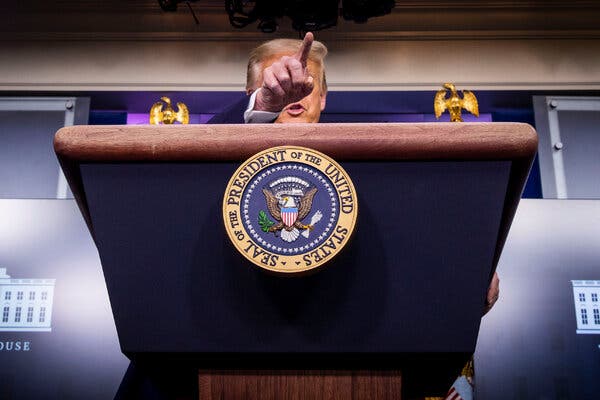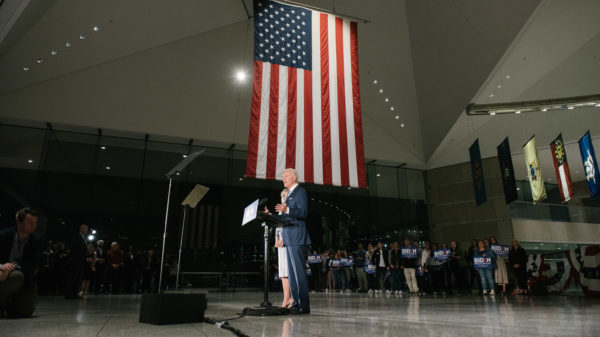Corruption and unethical conduct in government costs taxpayers millions of dollars and affects our lives in many other unseen ways.
It costs us in excessive payments made to the friends and business associates of politicians and other powerful people who secure lucrative positions or contracts due to their special access.
It costs us in unnecessary debt payments for state economic aid awarded to unscrupulous companies doing business with the government.
It costs us in jobs and local tax revenue when bids are awarded to a flimsy but politically connected company that doesn’t fulfill its employment commitments, depriving taxpayers of benefits that could not only help local economies but also offset property- and state income taxes.
Political favoritism can even find its way to the ballot box, depriving citizens of honest, effective representation.
Those potential impacts are just the tip of the iceberg when it comes to how corruption pervades our lives. The rest of the iceberg is looming large just under the surface.
Without an effective means to investigate malfeasance and root out and punish offenders, the corruption goes on unchecked,
In the past 15 years, according to the Syracuse Post-Standard, at least 21 state legislators, former legislators and other elected state officials have been sentenced to prison or house arrest.
As the corruption continues, we all continue to pay.
The Joint Commission on Public Ethics (JCOPE), as its name implies, was designed to serve as the citizens’ watchdog in government, overseeing lobbying and ethics standards in the state Legislature and agencies under the governor’s office.
But as its recent failures have demonstrated, it’s hardly lived up to its name or mission.
Most recently, JCOPE has been charged with being overly zealous in pursuing undeserving targets, failing to vigilantly pursue legitimate violators of state ethics laws, and even allegedly leaking its private deliberations to powerful individuals.
When it comes to being transparent to the public about its activities, JCOPE has been more of a wall than a window. How can the public trust an ethics oversight body that conducts itself in secret?
Even one of JCOPE’s own members last week criticized the body’s credibility and operations in the wake of recent actions, the Wall Street Journal reported. The commission is facing lawsuits challenging its investigative authority, the paper reported.
Commissioners even voted down a proposal last week to authorize a self-assessment of its own operations, the Times Union reported.
For New York’s citizens, JCOPE has been like getting a cat to solve your rodent problem and later finding out it doesn’t like the taste of mice.
You either let your mice problem get worse, or you get a better cat.
Rather than, as some have proposed, trying to reconstruct a body that’s repeatedly failed in its fundamental mission, state lawmakers should give serious consideration to tossing it out altogether and coming up with a replacement that’s less vulnerable to political influence, has more authority to investigate and punish corruption, and is more transparent in its dealings so that the press and the general public can effectively judge its effectiveness.
A NEW, BETTER COMMISSION
A bill pending in the Legislature (A1282/S594) calls for a state constitutional amendment to replace JCOPE and the Legislative Ethics Commission with a single, independent, nonpartisan enforcement body: the Government Integrity Commission.
Modeled after the state Commission on Judicial Conduct, bill sponsors say the Government Integrity Commission would be one of the strongest ethics enforcement agencies in the country.
Among the provisions to ensure independence, bipartisanship and transparency is a membership structure designed to eliminate the influence of politicians in its operations.
The commissioners would be appointed by appointed by all three branches of government. That alone might serve as a red flag. But there are safeguards built in.
Two members would be appointed jointly by the leaders of the Legislature of each major political party in the Senate and Assembly; two would be appointed jointly by the governor, attorney general and comptroller; and five would be appointed jointly by state’s chief judge and the presiding justices of the Appellate Divisions.
To help reduce the influence of politics, two of the four members appointed by the three statewide elected leaders and the legislative leaders couldn’t be of the same political party as the governor, and no more than three of those appointed by the presiding justices could be from the same party.
To further weed out the influence of politics and favoritism, commissioners couldn’t have been a state officer or employee, a lobbyist or political party officer within the previous three years.
Of course, no membership structure can guarantee independence from political influence, but this makeup goes a long way toward that goal.
As for its powers, the commission would have the authority to admonish, censure, suspend, demote or remove a state employee in the legislative or executive branches.
In the case of an elected official, the bill states, the commission could order censure or removal. And to ensure due process, any sanction imposed would be subject to judicial review.
Other provisions and safeguards include allowing actions based on majority vote. Under JCOPE, any two of the 14 members can block an investigation or adverse finding. (Can you believe that?)
To avoid the reality or appearance of corruption and conflicts of interest, the commission would be responsible for the administration and enforcement of the campaign finance laws, including recommending contribution limits to the Legislature.
And best of all, from a Your Right to Know aspect, the commission would be subject to state transparency laws. And while they’re at it, the bill would require that state’s Open Meetings Law and Freedom of Information Law apply equally to the legislative and executive branches.
The bill has bipartisan and upstate-downstate support, including its New York City-based sponsors and local co-sponsorship from Republicans George Amedore and Daphne Jordan in the Senate and Democrats Carrie Woerner and Angelo Santabarbara in the Assembly.
There’s so much wrong with the state’s current oversight of corruption and ethics that repairs and restructuring of existing bodies are unlikely to make a substantial difference.
The state needs a new cat.
The Government Integrity Commission might just be the answer.




